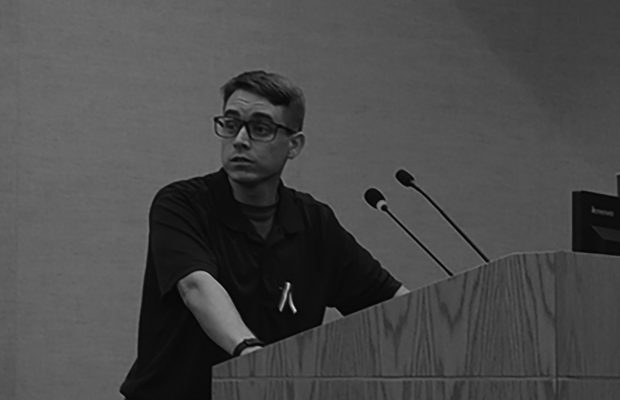Committee presents opt-out policy

The district has been grappling with how to decide on a viable compromise that both supports an in-class literature opt-out policy for concerned parents and maintains student and teacher rights. On Oct. 25, two members of a recently formed teacher-administrator coalition proposed to school board members Pat Phelps and Sandee Everett a solution to the problem that has been perturbing the community since July.
The decision to make a committee that would decide on a set-in-stone opt-out policy was made at the discussion session board meeting on Sept. 25, when a teacher committee, representative of all high schools and a middle school of the district, and the school board first discussed forming an opt-out policy committee.
The idea was solidified and put into action at a special meeting between the interim superintendent’s office, concerned parents and several teachers, from which the agreement over the formation of the committee was made final. District Interim Superintendent Mark McLaughlin appointed a committee including Robert Iezza, deputy superintendent of the district, James Garza, district director for secondary education and Jennifer Boone, director of curriculum and instruction, along with teachers from all three CVUSD high schools, and some administrators and faculty from middle schools, to work together to write a proposal for the new policy.
The primary goal of the committee was to “Address the need for more communication to parents and provide an alternative assignment for students or parents who did not find a core title appropriate,” Jon Fleming, English Department chair at TOHS, said. The committee was tasked with creating policy that makes required reading books more accessible to parents and that presents the opt-out as more of an option and less of a nuisance.
McLaughlin also appointed two board members, Phelps and Everett as the “Ad Hoc” committee. Instead of bringing the superintendent’s committee’s decision directly to the school board, the proposal was brought to an editing committee of Phelps and Everett. “The Ad Hoc committee is two board members, and those two board members have the right to do whatever they want with this information,” Magnante said, in reference to the proposal.
Teachers, administrators and staff who helped to draft the opt-out proposal will no longer be able to work on the proposal. Instead, this task has now been transferred two the two Ad Hoc committee members only. The Ad Hoc committee’s decision to submit to the school board will ultimately be the policy in question.
“This is a little bit of a nerve-racking time… just waiting to see what that final document looks like when it comes to the board,” Magnante said.
Magnante emphasized the importance of understanding the role of the superintendent’s committee in the policy making, and the role of English teachers in its acceptance.
“It’s really important to know that the teachers’ mindset was to accommodate requests out of respect for parents and families rights, and to respect their beliefs, but it doesn’t mean that we have to agree with their opinion or with their choices,” Magnante said. “It’s always scary to think about what we are doing; we know that we aren’t going to be able to make everyone happy and that is a really difficult place to be in.”



1 Comment